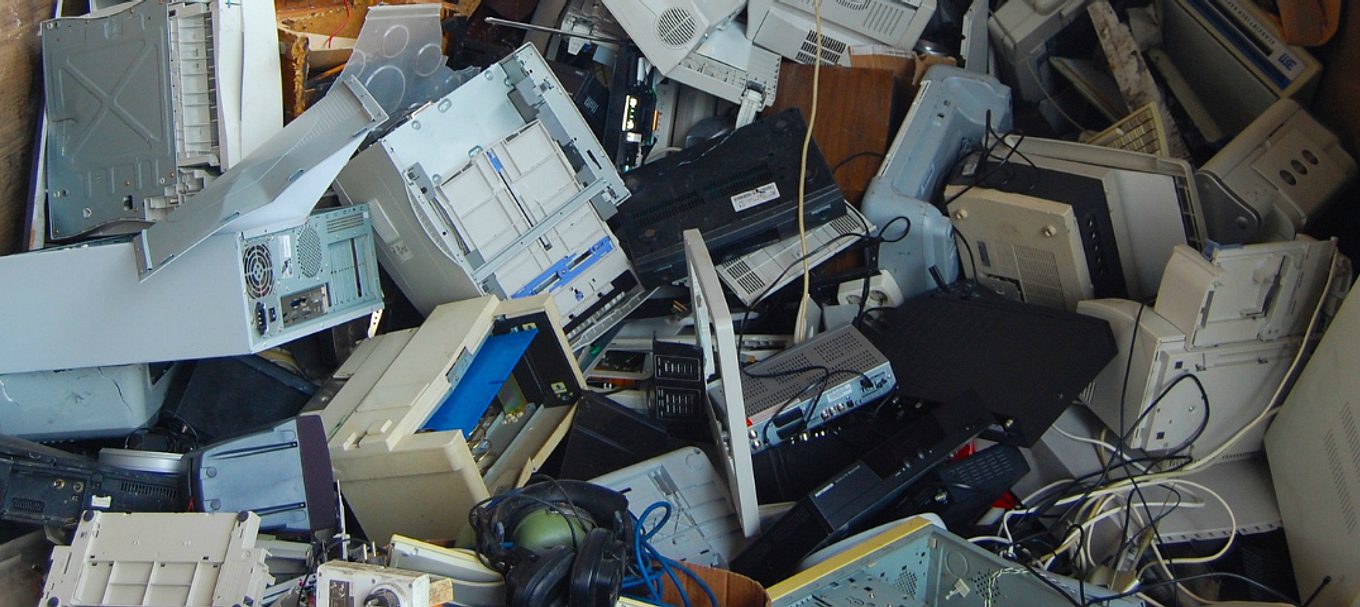
How to recycle common household items
From medicine to batteries, light globes to e-waste, here’s how you can recycle more than just the basics at home.
If you know your A-Z of what you can put in your yellow recycling bin, you might be wondering what more you can do to reduce your household waste.
There are plenty of ways to recycle other items that don’t go in your yellow bin. Here’s some ideas to get you started:
Don’t stay in the dark when it comes to recycling
In the dark about where to dispose of used light globes? You can recycle a wide range of globes through Mitre 10 and Ikea stores. Simply take them to the store and place them in the light globe recycling box/bin.
This ensures that globes will be recycled instead of going to landfill, which prevents mercury contained in some globes from harming the environment.
Don’t waste your batteries
There’s a number of drop-off locations for household batteries – visit B-cycle Battery Recycling or PlanetArk's Recycling Near You to find your closest drop-off point.
Many local councils and libraries (including City of Charles Sturt) also offer drop-off facilities for residents. Contact your local council to find out if they are participating and to learn about your local drop-off points.
You can even order a battery recycling bucket for your home through companies like Re-Source and EcoCycle. If you order a bucket, you may like to share it with your neighbours and friends.
Automotive, or lead acid batteries can be recycled at auto part retailers and service stations.
Return your unused medicines to keep a healthy earth
Did you know you can return unwanted or out of date medication to your local pharmacist for free? Time to clean out the medicine cabinet and ensure unused medicines are disposed of in a way that’s safe for us and the environment.
Medical blister packs are also be recyclable through TerraCycle!
Top tip: empty medication bottles (plastic or glass) can also be placed in your yellow recycling bin (remember to remove the lids and place them in the landfill bin).
TVs, computers and e-goods, whitegoods and other items
Electronic waste (such as TVs, phones, computers and cables) has been banned from direct disposal to landfill and must not be placed in any household bin.
E-waste can contain hazardous materials including heavy metals and glass, which if broken or damaged pose a huge environmental hazard.
Also, about 90% of the material used to make televisions and computers can be recycled, which means you’ll save valuable, finite resources.
If you have an electronic device that’s no longer working, check out Electronic Recycling Australia's Unplug n' Drop initiative. This program accepts anything that is domestic, plugs into a power point, uses a charger or is powered by battery. Find your nearest drop-off point and see a list of accepted items.
To recycle your mobile phone, charger, accessories, battery and mobile wireless broadband devices go to Mobile Muster’s website for details on drop-off points or postage options.
Some councils have electronic waste collection points, so make sure to contact your local council to find out if this service is available.
If in doubt, check this out…
Which Bin will help you divert unwanted materials away from landfills through recycling.
By entering your location and the material you wish to recycle, the directory will find the nearest recycler to you or you can call their hotline on 1300 137 118.
Check out how food waste contributes to climate change and how you can reduce it to have a much more sustainable kitchen – and a cheaper grocery bill too.
This story was originally posted in April 2017.





